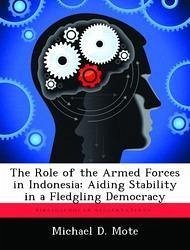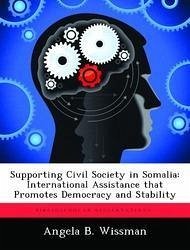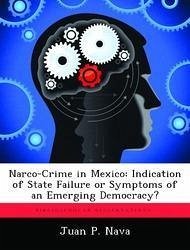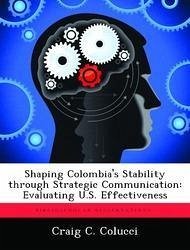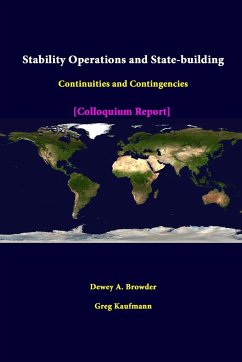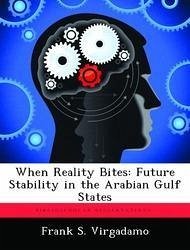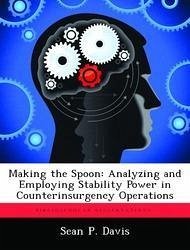Nicht lieferbar
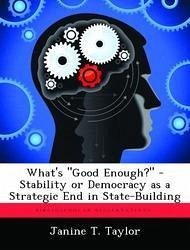
What's Good Enough? - Stability or Democracy as a Strategic End in State-Building
Versandkostenfrei!
Nicht lieferbar
What kind of policy can the United States and the international community pursue that increases the likelihood that stability emerges in failed and failing states? I develop a theory of state-building to guide decision makers. The theory states that if decision makers want to foster stability in other countries via state-building, they should prioritize (1) the cultivation of indigenous systems (economic, security, judicial, and social) over externally-imposed systems and (2) stability over democratization. Pulling inductively from four cases studies (Somalia, East Timor, Haiti, and Bosnia and...
What kind of policy can the United States and the international community pursue that increases the likelihood that stability emerges in failed and failing states? I develop a theory of state-building to guide decision makers. The theory states that if decision makers want to foster stability in other countries via state-building, they should prioritize (1) the cultivation of indigenous systems (economic, security, judicial, and social) over externally-imposed systems and (2) stability over democratization. Pulling inductively from four cases studies (Somalia, East Timor, Haiti, and Bosnia and Herzegovina), I craft a theory--using Craig Parsons's typology of causal logics--that explains how the prioritization of externally-imposed systems and democratization lead to deleterious, and unintended consequences via institutional path dependence. I argue that policymakers should prioritize the cultivation of indigenous structures and stability by attending to indigenous officials, populations, and systems from the local to the national levels. This theory has implications for policymakers considering state-building efforts as a way to increase their respective states' security. This work has been selected by scholars as being culturally important, and is part of the knowledge base of civilization as we know it. This work was reproduced from the original artifact, and remains as true to the original work as possible. Therefore, you will see the original copyright references, library stamps (as most of these works have been housed in our most important libraries around the world), and other notations in the work. This work is in the public domain in the United States of America, and possibly other nations. Within the United States, you may freely copy and distribute this work, as no entity (individual or corporate) has a copyright on the body of the work. As a reproduction of a historical artifact, this work may contain missing or blurred pages, poor pictures, errant marks, etc. Scholars believe, and we concur, that this work is important enough to be preserved, reproduced, and made generally available to the public. We appreciate your support of the preservation process, and thank you for being an important part of keeping this knowledge alive and relevant.




